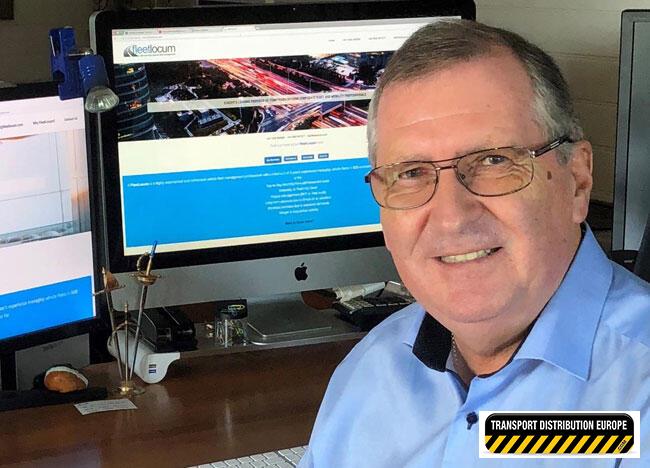Environmental focus is driving fleets to re-evaluate traditional ‘perk’ car provision
Jun 18, 2019
Business focus on the environment and taking corporate social responsibility for reducing their carbon footprint is driving fleets to re-evaluate traditional operating structures.

That, says Tony Donnelly, chief executive of Goodwood Corporate Mobility, essentially means company bosses and fleet chiefs looking afresh at whether the traditional three or four-year ‘perk’ company car - as opposed to ‘job need’ vehicle - should continue to be offered as part of employees’ remuneration packages.
Instead, says Mr Donnelly, employers should look at providing a ‘mobility solution’ that may be centered on providing a rental car on an ‘on demand’ basis ranging from just a few days to up to 12 months; a mobility allowance that enables employees to select their preferred mode of travel to a specific appointment; or a ‘managed’ cash allowance in lieu of a company car.
He said: “Corporates are hugely focused on reducing their impact on the environment. What’s more vehicle technology is moving at an unprecedented speed and fleets do not want to be running ‘old world’ vehicles in three or four years’ time when ‘new world’ low or zero emission models provide a more environmentally-friendly solution.
“Additionally, many ‘perk’ company cars spend most of the time parked up and employers can see that scenario continues to cost them money. Far better for businesses to modify their employee car policies to reflect a mobility requirement on an ‘as and when’ basis.
“The traditional company car model of operating vehicles over a set replacement cycle that was typically three-years/60,000 miles in the 1970s and has more recently moved to four years/80,000 is outdated in the ‘perk’ car arena.
“What’s more the current economic and political turmoil does not lend itself to businesses being comfortable to committing to new lease contracts that may not run out until 2023 or later.”
As a result, Goodwood Corporate Mobility is working with progressive businesses in both the UK and Europe to help them to identify, evaluate and implement car and mobility facilities that focus minds on essential usage planning while still ensuring that fleet operators/mobility managers remain in “total cost control”.
For example, by guiding and directing users/drivers through a Goodwood Corporate Mobility provided online platform - a corporate mobility portal with secure log-in and traceability - a raft of travel choices are available with the essential element being ease of use and measurable cost reduction at the point of use.
Mr Donnelly explained: “Contract hire and leasing companies are concerned that as ‘perk company cars are defleeted their customers may not replace them on a vehicle for vehicle basis. That could potentially leave a big hole in their revenue streams.
“Instead they want to be able to offer alternatives to company cars that embrace a wide range of mobility solutions. There is no one size fits all - employers and employees inevitably find their situations change over time and contract hire and leasing companies need to be flexible enough to meet all demands.”
A further issue is the revival of a trend that saw some momentum in the 1990s of foreign-owned businesses with UK operations - particularly American-owned - opting out of ‘perk’ company cars.
Mr Donnelly said: “I am aware of bosses of several organisations simply ending company car provision and opting for employees to either have provision to rent a vehicle when required or be given a cash allowance.”
He concluded: “We are seeing the emergence of a new company car environment in which the ‘job-need’ vehicle remains, but the ‘perk’ car is being replaced by alternatives that are viewed as more environmentally-friendly and cost-effective by businesses. Employers are becoming more demanding of the services offered by the fleet management community and expect service providers to be considerably more proactive in helping them predict the future shape of business vehicle provision. The winners will be those brave enough to put customer need ahead of their outdated and vested interests.”
